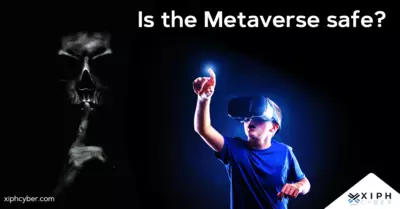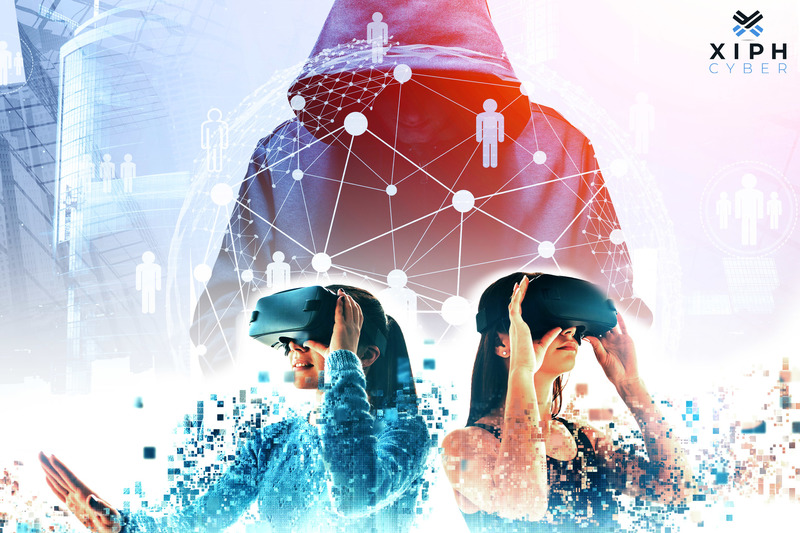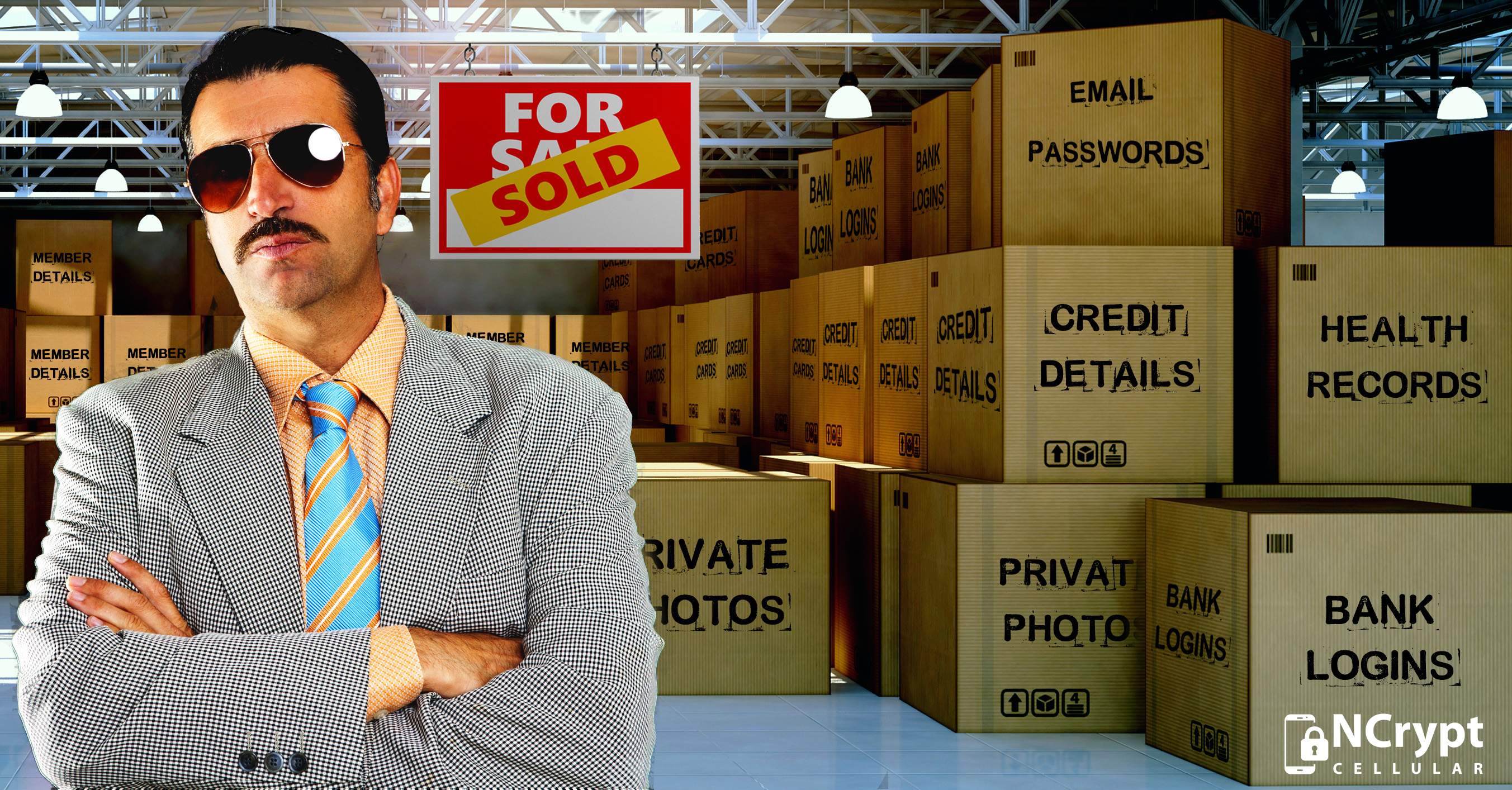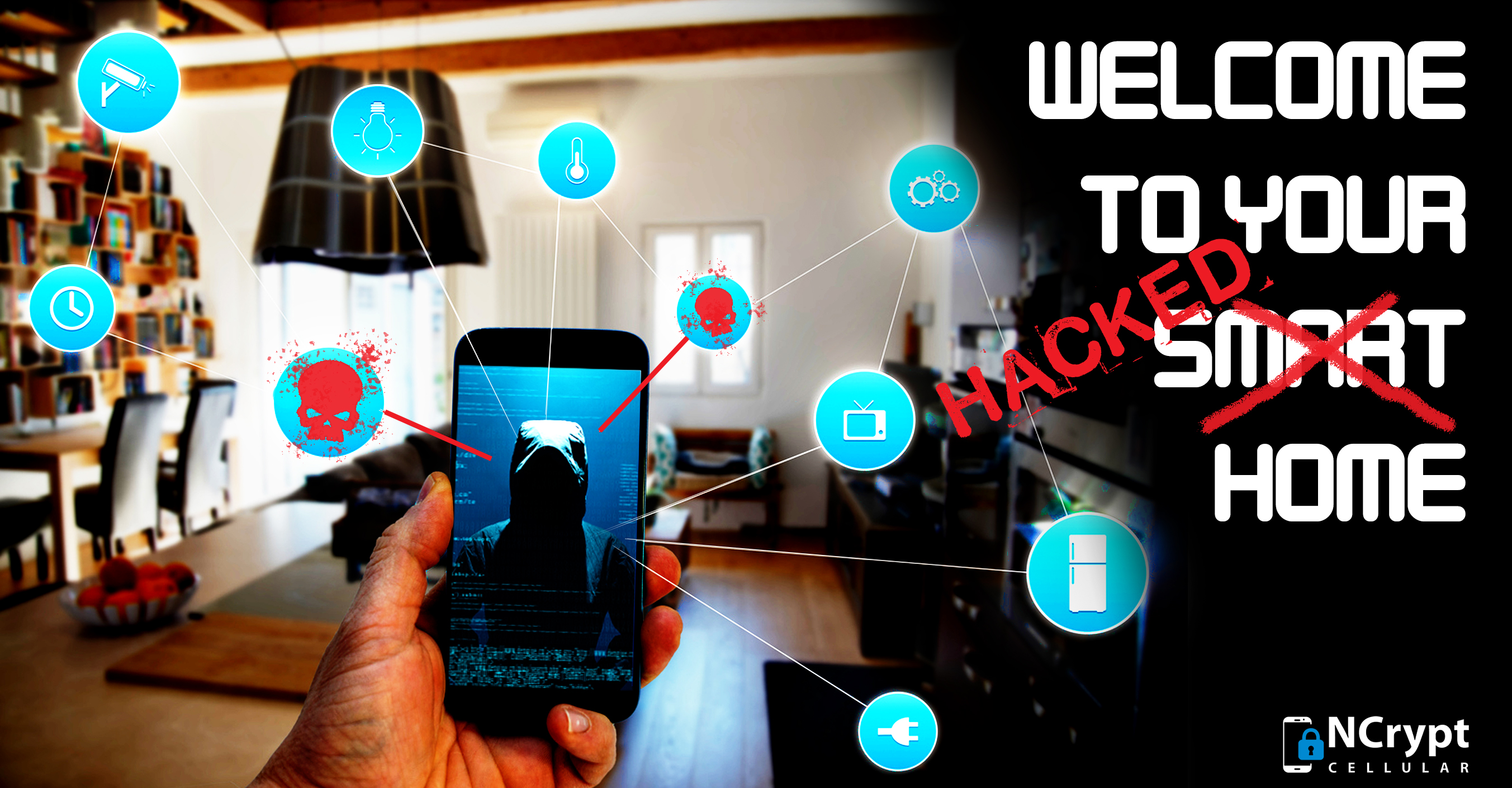Published Jun 28, 2022 by Xiph
Ever since Facebook rebranded itself as Meta and Mark Zuckerberg presented the idea of the ‘Metaverse’ as the ‘successor to mobile internet’, it has suddenly become a major trending topic. So, what exactly is it? What opportunities does it represent for businesses and what are the main cyber security concerns?

What is the Metaverse, exactly?
Broadly speaking, the Metaverse is a 3D model of the internet. Think of it as a parallel dimension of the physical world, where you can fully immerse yourself in the digital world. Although still a concept in the research and development phase, the Metaverse will eventually combine all internet technologies into one universal and immersive virtual world. Think avatars, holograms, tactile interfaces, virtual events, and artificial intelligence (AI) combined. It’s worth noting that there’s currently no single ‘Metaverse’ available yet, but rather a collection of immersive digital worlds.
The gaming world is already ahead of the curve with rudimentary versions of Metaverse universes where virtual avatars can meet, interact and form communities just like in the physical world. Multiplayer and non-fungible token (NFT) based online video games like Roblox, Fortnite, Axie Infinity, Decentraland, and Sandbox are the main leaders in this space.
Because the Metaverse is far more expansive than a video game, it will require higher bandwidth in more geographic locations for applications such as virtual reality (VR) and light fields to work at scale. Moreover, integrating the systems that run the likes of Google, Facebook, and Amazon still needs ironing out. Naturally, privacy and identity and blockchain security in the Metaverse is of significant concern and still to be properly addressed.

How does the Metaverse work?
Essentially, the Metaverse is supposed to be a 3D version of the internet that is seen as the logical next stage of development, and would ideally be accessed through a single gateway, most likely via a VR headset. The Metaverse will not fundamentally replace the internet but instead, be a new iteration of it.
It will be a place where people will be able to meet and collaborate virtually with their own customised avatars, trade digital assets (i.e. cryptocurrencies, NFTs, etc.), shop for real and virtual products, purchase/monetise Metaverse real estate, attend concerts, trade shows, and learning events and create scenes, games, and other VR experiences.
The Metaverse will also help make remote work feel more inclusive and immersive. Microsoft is already working on that with its own Metaverse called Mesh for Microsoft Teams, where users will be able to project their holographic selves to other users to collaborate on projects remotely.
Talking about the Metaverse is akin to talking about the internet back in the 70s and the 80s. No one really knows for sure what it will look like, how people will use it, and what new data harvesting and cyber security threats it will bring. Mark Zuckerberg believes it could take around 10 years (which is a long time in the tech world) for the Metaverse to become mainstream, so a lot can happen before then.
What does the Metaverse mean for businesses?
Metaverse technologies are the next evolution of digital platforms and the successor to today’s mobile internet, which means businesses will have to evolve, pivot, and quickly expand their digital capabilities to take advantage of this new virtual age.
Some possibilities for e-commerce sites and online businesses will include using augmented reality (AR) ads that help customers get a sense of their products from their home, offering customer service and support via digital avatars, onboarding and training employees in a virtual capacity, setting up virtual retail stores and malls to sell products, and more. Even banks will be setting up their own payments and financial systems in the Metaverse. More broadly, the Metaverse will unlock new opportunities for trading and selling digital art, assets, and collectibles such as NFTs, as well as digital real estate and the development of virtual homes. Healthcare and education will also become more easily accessible to all. Metaverse technologies will allow companies and organisations to reach more customers in real-time no matter where they live.
Is the Metaverse safe?
One of the biggest risks in the Metaverse will be data security and privacy within artificial and virtual reality systems, given the potentially large quantity of sensitive personal information that could be commercialised and used in the Metaverse. What will data storage and the continuous verification of the third parties with which this data is exchanged look like? It’s legitimate to ask how the Metaverse and other companies will manage users’ data created within this virtual world, who will be tasked to handle it, and for what purpose.
Then there’s the issue of identity theft/fraud within the systematic use of avatars. How will we know who’s really behind an avatar we’re interacting with? Do users have to look like their avatars, or can they reinvent themselves completely?
Another consideration will be the preservation and regulation of assets extensively used in the Metaverse such as digital currencies and NFTs which will no doubt attract the attention of hackers looking to make money in the new world. Other common threats like phishing emails, data hacking, and malware attacks will also still exist.
How can you access the Metaverse now?
There is no single gateway to access Metaverse environments at this point, but you can access any of them like Decentraland or Sandbox for free with any VR headset connected to your smartphone, tablet, or computer. You'll be able to communicate with other users through your chosen avatar, explore and play around within the environment. As a guest user, you can explore by opening respective websites in your browser. You’ll just need to connect a crypto wallet and make an avatar to get started.
A final word
By virtue of its uniqueness, the Metaverse will require unique and distinct cyber security solutions to ensure its users’ data security and privacy. For advice or more information contact us via email: enquiries@xiphcyber.com.


